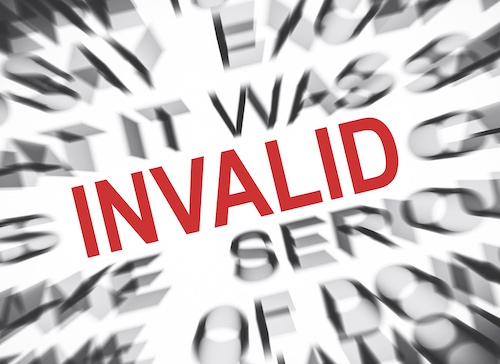Justice Dept. Sues to Block JetBlue’s Acquisition of Spirit
But the Justice Department disagreed in its lawsuit on Tuesday, arguing that JetBlue has evolved from a disruptive force to an “ally of the big four” airlines. JetBlue and American, for example, formed a partnership in New York and Boston that allowed them to more seamlessly sell seats on each other’s flights. The Justice Department sued to block that partnership, known as the Northeast Alliance, and a decision on that case is expected soon.
The department said it would have sued to block the Spirit acquisition whether or not the Northeast Alliance was in place.
“This lawsuit is a very clear signal to the industry that no further consolidation is tolerable and that the government aims to block any further mergers or joint ventures,” said Diana Moss, the president of the American Antitrust Institute, a group that pushes for more aggressive enforcement of antitrust laws.
While JetBlue offers affordable ticket prices, Spirit offers even cheaper fares, making it a bigger threat to large airlines at the airports it serves, the department argued. Spirit is considered an “ultra low cost carrier,” a type of airline that works hard to keep costs and fares much lower than those of most airlines. Among those carriers, Spirit stands out because it more frequently challenges the biggest airlines at their hub airports, according to the suit.
Under the deal, Spirit would largely be subsumed. The new airline would use the JetBlue brand, be based in New York City and be led by Mr. Hayes. It would have hundreds of planes and tens of thousands of employees. JetBlue has said that it plans to remove seats from Spirit’s densely packed planes to match its own configuration, which antitrust officials argued would make it difficult to keep costs and fares as low as Spirit has.
To make money, Spirit charges fees for a wide range of services that other airlines offer at no additional cost. These can include boarding passes printed by an agent. That approach has frustrated many customers, but it has helped Spirit grow fast by attracting the most price-sensitive travelers, who would be most harmed by the merger, the Justice Department said.
The acquisition would substantially reduce competition on more than 150 routes that are flown by more than 30 million passengers every year, the department said. Those flights generate about $6 billion in annual revenue for all airlines. Along some of those routes, including some connecting Florida and Puerto Rico, JetBlue and Spirit are the only airlines that offer a significant number of flights, meaning the merger would grant JetBlue a virtual monopoly on those routes.






